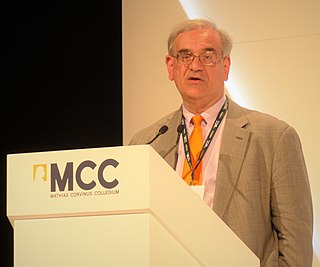A Quote by Steve Earle
As much as I'd like to think and as much as people mistakenly think my audience is blue collar people in the heart of America, my audience is basically, in the States, an NPR audience. I play college towns in the summer because that's who comes to see me.
Related Quotes
I don't think about the audience, I don't think about what makes them happy, because there's no way for me to know. To try to think of what makes for entertainment is a very Japanese thing. The people who think like this are old-fashioned. They think of the audience as a mass, but in fact every person in the audience is different. So entertainment for everyone doesn't exist
It's very important that a film that intends to play tricks on the audience... has to play fair with the audience. For me, any time you're going to have a reveal in the film, it's essential that it have been shown to the audience as much as possible. What that means is that some people are going to figure it out very early on. Other people not til the end. Everybody watches the film differently.
I think when you're younger, as an actor you have much more of a notion that you are doing something to the audience. But with experience, I think you begin to worry less about what the audience's experience is and concentrate on working with the other actors, and that tends to let the audience do more work.

































